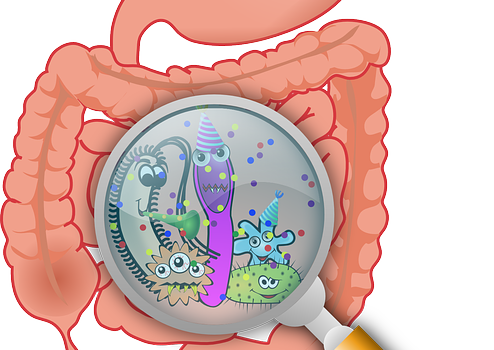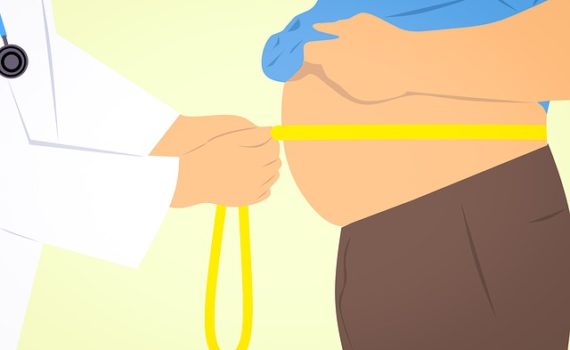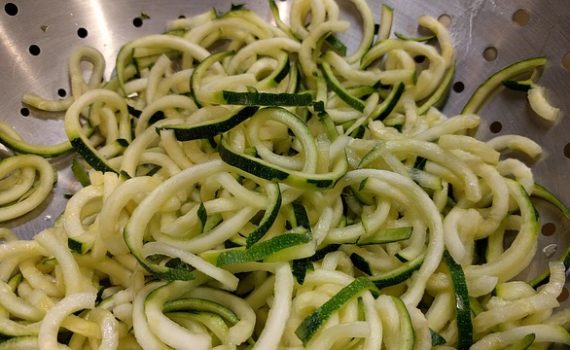How many calories and carbs did Joey Chestnut consume at this year's hot dog eating contest? While we can estimate the macro nutrients of his meal, we can only guess what happened to his blood sugar levels in the hours following the contest.
Monthly Archives: July 2018
There are going to be times when we fail to eat healthy or we decide to watch TV rather than heading to the gym. How we view and frame these setbacks will determine how quickly and effectively we will be able to get back on track. Shifting momentum from working against us to working for us is the key.
Before 1923, there was little a doctor could do to treat someone diagnosed with diabetes. WIth limited understanding of what caused diabetes and with insulin still yet to be discovered, diabetics faced enormous difficulties and hardships. While the life of a diabetic today can still be quite difficult, we can oftentimes take the modern treatments and medicines available today for granted.
Waking up after a full night's sleep with high blood sugar can sometimes be a result of what is called the Dawn Phenomenon. In the early morning hours during sleep, in preparation for the day ahead, the liver may generate a surge of glucose to ready the body for action for the day ahead. While this process runs automatically, there are still a few things you can try to lessen its impact on your blood sugar.
Research continues into the link between the microbiome and diabetes. Increasing the amount of good bacteria in your gut with foods heavy in probiotics can help you improve the health of your microbiome.
Anyone can see fat when it's hanging over a belt buckle or below a chin, but there's another kind of fat that can't be seen and can be even more dangerous. Visceral fat is hidden from view, encased inside the abdominal cavity. But because it's hidden, the danger it poses to your health can be easily overlooked.
Along with diet and exercise, getting a good night's sleep is an important part in your overall plan to control your diabetes. Eliminating the many obstacles to falling into a deep and restorative sleep should be the first step in your sleep hygiene plan.
Many studies suggest that a low carbohydrate diet can help prevent sudden spikes in blood sugar. While adopting a low carb diet means giving up many delicious foods you may be accustomed to eating, the diet leaves plenty of other choices to make it an easy one to follow.
Knowing the glycemic index (GI) and glycemic load (GL) of the foods in your diet can help you make wise choices. Both numbers will tell you how quickly a particular food will impact your blood sugar.
While you can directly control your diet and exercise routines, there are certain parts of your life that can't be controlled or planned for. Traffic jams, meetings with clients, and other anxiety-producing events can flood your body with stress. A surge of unhelpful stress hormones can hit you at various points throughout the day. Preparing for those occassions and taking steps to lessen their negative impact on your body is another key component in your battle against type 2 diabetes.









